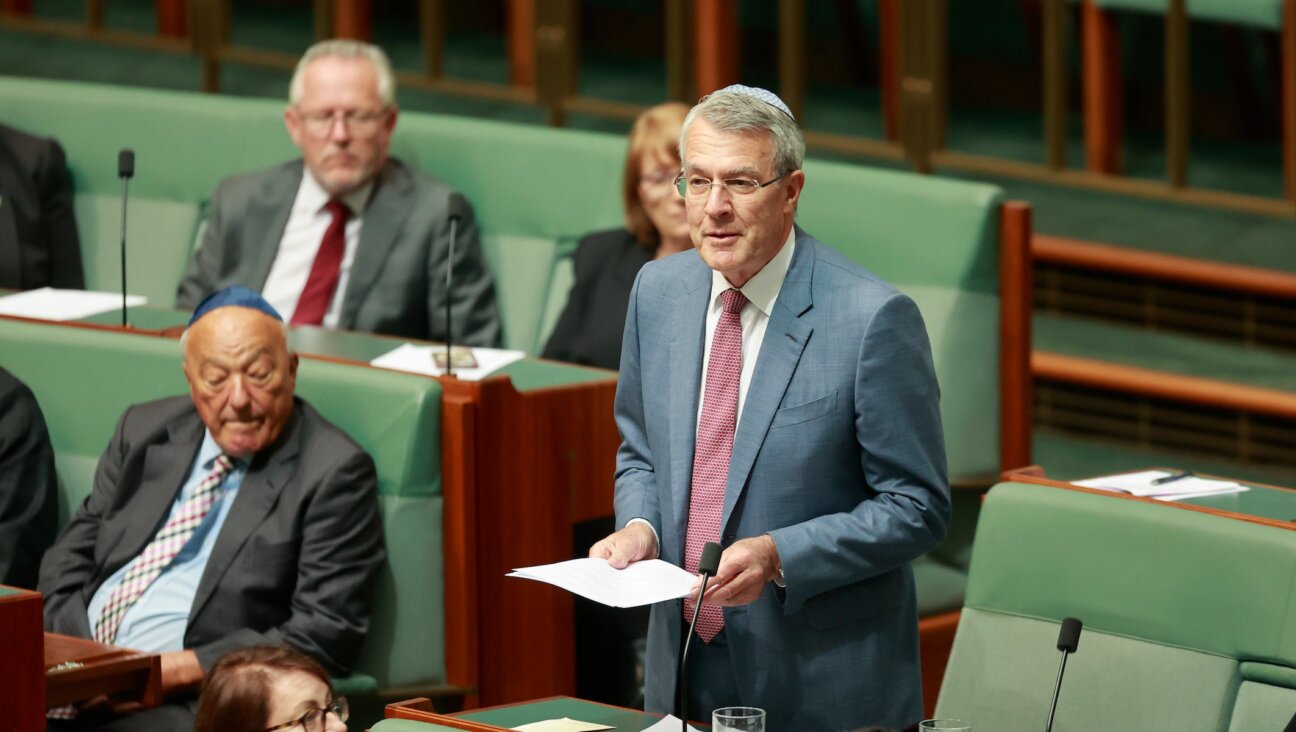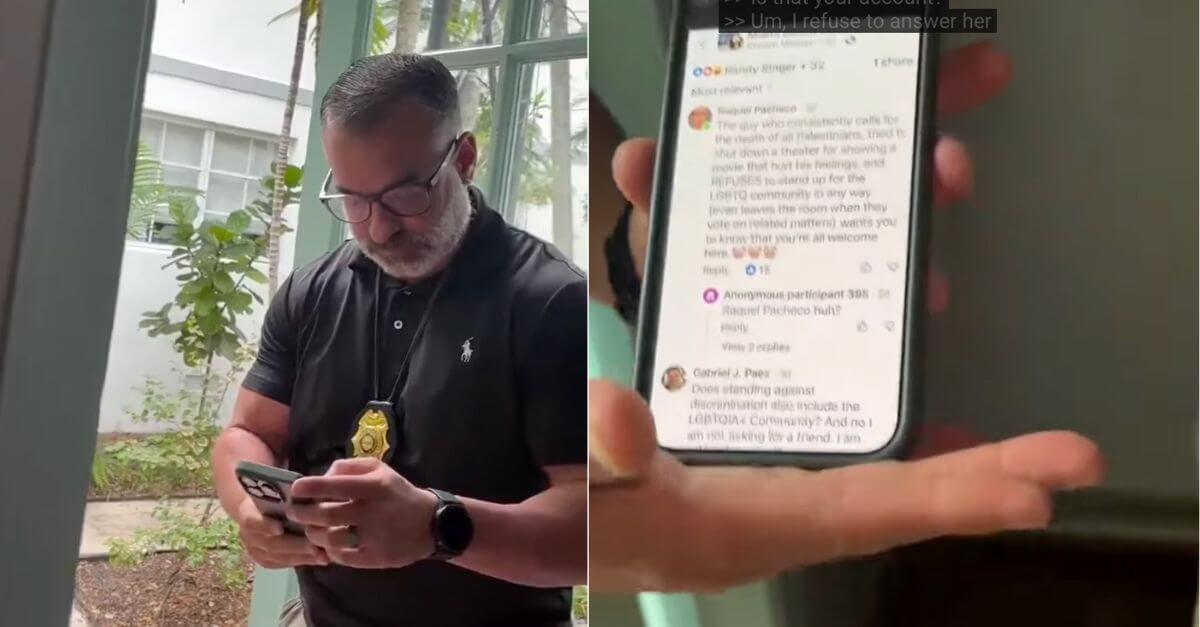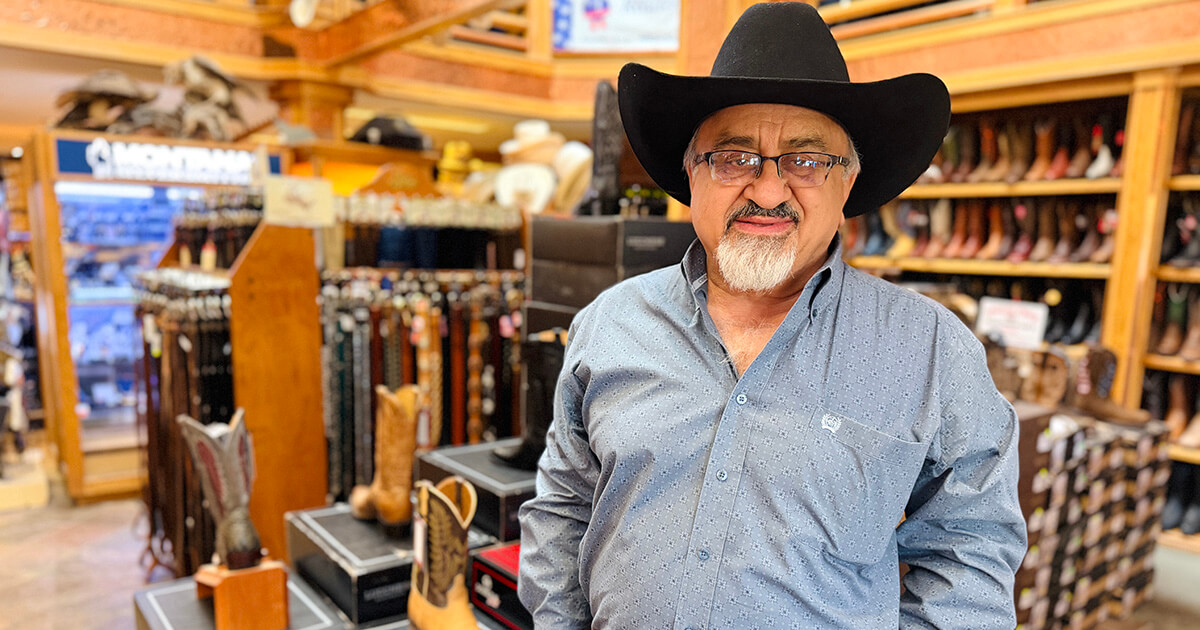‘Tweet’ and ‘Geekery’ Make Cut in New Dictionary

Graphic by Angelie Zaslavsky
“Tweet”, “dad dancing” and “geekery” are three of more than 1,200 new or revised words in the latest version of the Oxford English Dictionary (OED) released on Friday.
The dictionary said in a quarterly update on its website that it had expanded its entries for “follow” (verb), “follower” (noun), and “tweet” (noun and verb) to include social media terms that have exploded in the past six years.
According to the dictionary, “tweet” is now a posting on the social networking service Twitter as well as its more traditional meaning: a brief high-pitched sound.
“This breaks at least one OED rule, namely that a new word needs to be current for ten years before consideration for inclusion,” said the OED’s chief editor John Simpson in a statement. “But it seems to be catching on.”
“Crowdsourcing”, “flash mob”, “geekery” and “dad dancing” also earned a place in an OED now containing 823,000 entries.
“Crowdsourcing” is defined as the practice of obtaining information or services by soliciting input from a large number of people, typically via the Internet and often without offering compensation.
A “flash mob” is a large group of people organised by means of the Internet, or mobile phones or other wireless devices, who assemble in public to perform a prearranged action together and then quickly disperse.
Watchers of “The Big Bang Theory” hit U.S. TV show will recognise “geekery”.
It’s meaning has been updated from a rarely used term for bizarre circus acts in favour of an obsessive devotion to or knowledge of a particular subject or pursuit and also the state of being a geek or “geekiness”.
Other more worthy terms, such as “fiscal cliff”, “e-reader” and “fracking” also make appearances alongside an alarm bell for fathers of brides at the height of the wedding season.
Those funky moves on the dancefloor at the wedding reception are unlikely to impress the OED. They are drily captured by the term “dad dancing”.
“An awkward, unfashionable, or unrestrained style of dancing to pop music, as characteristically performed by middle-aged or older men,” the OED definition reads.














